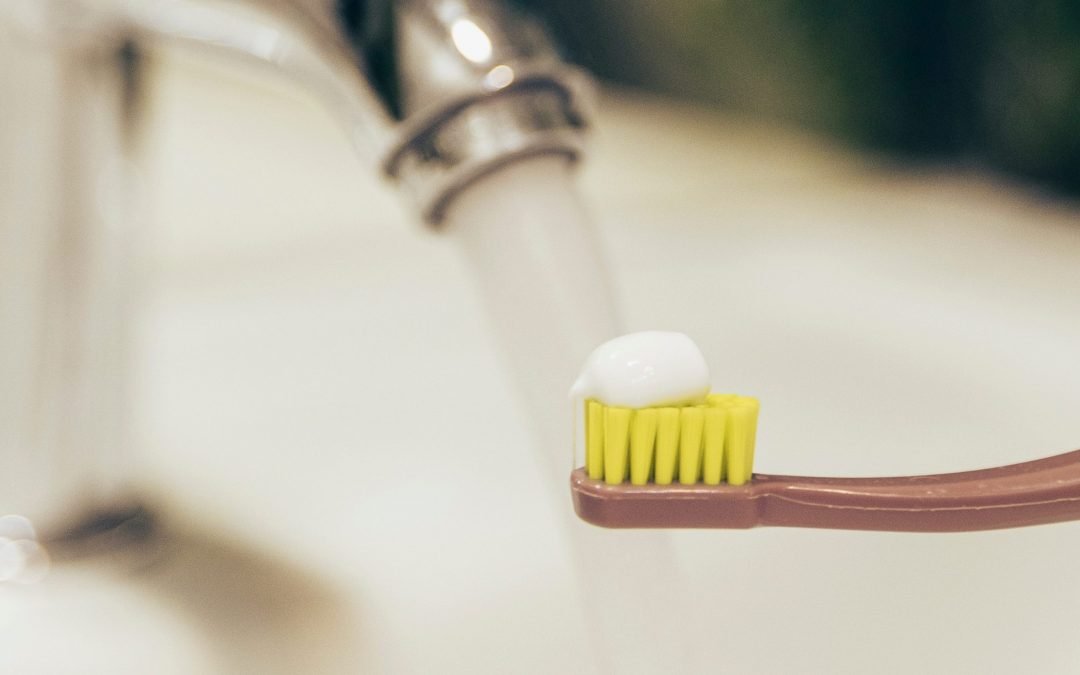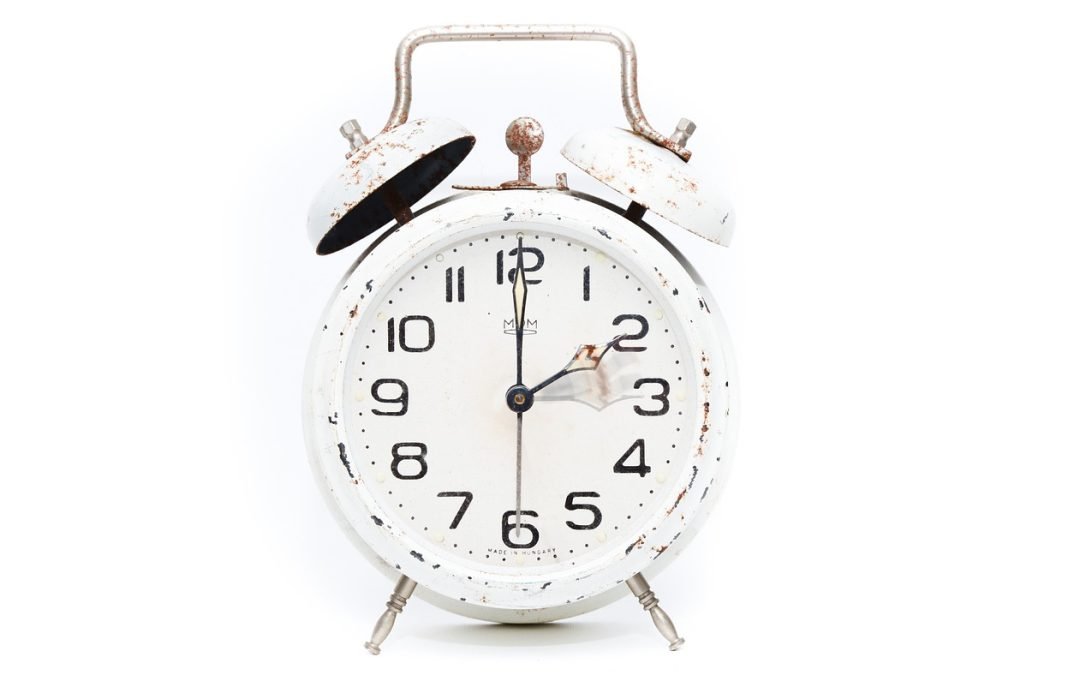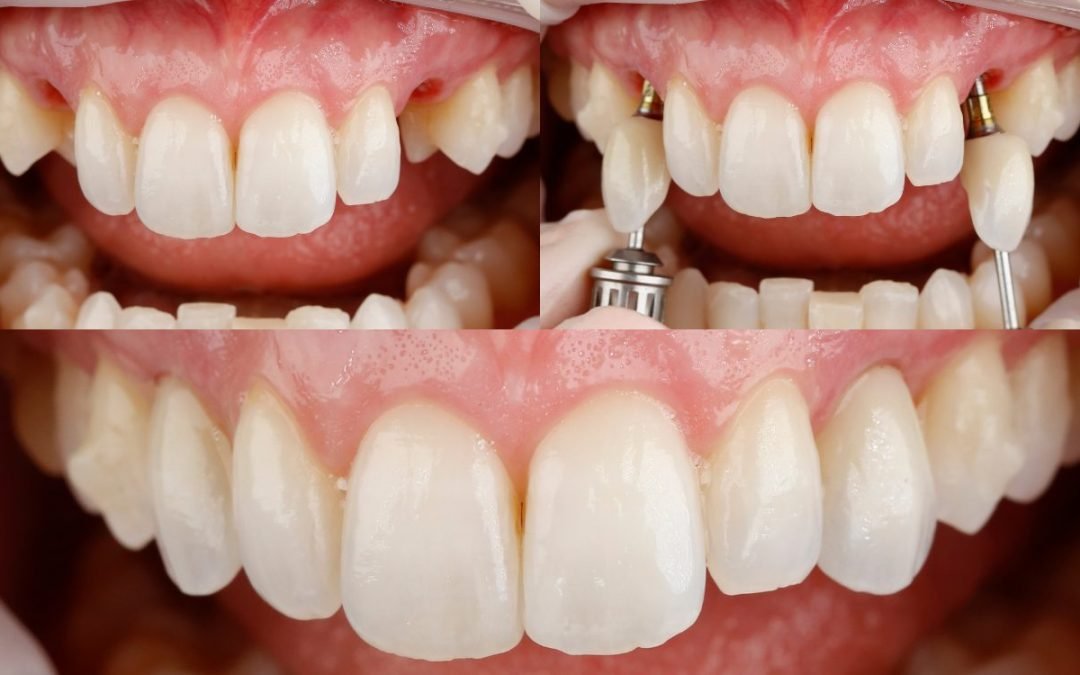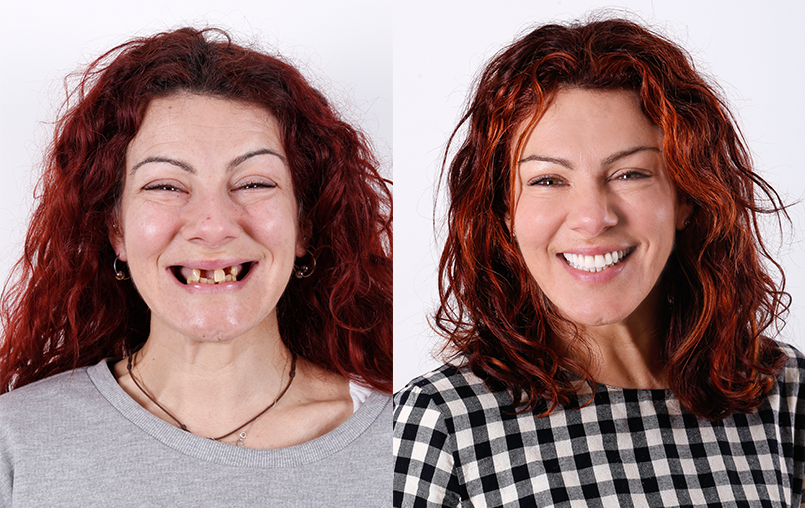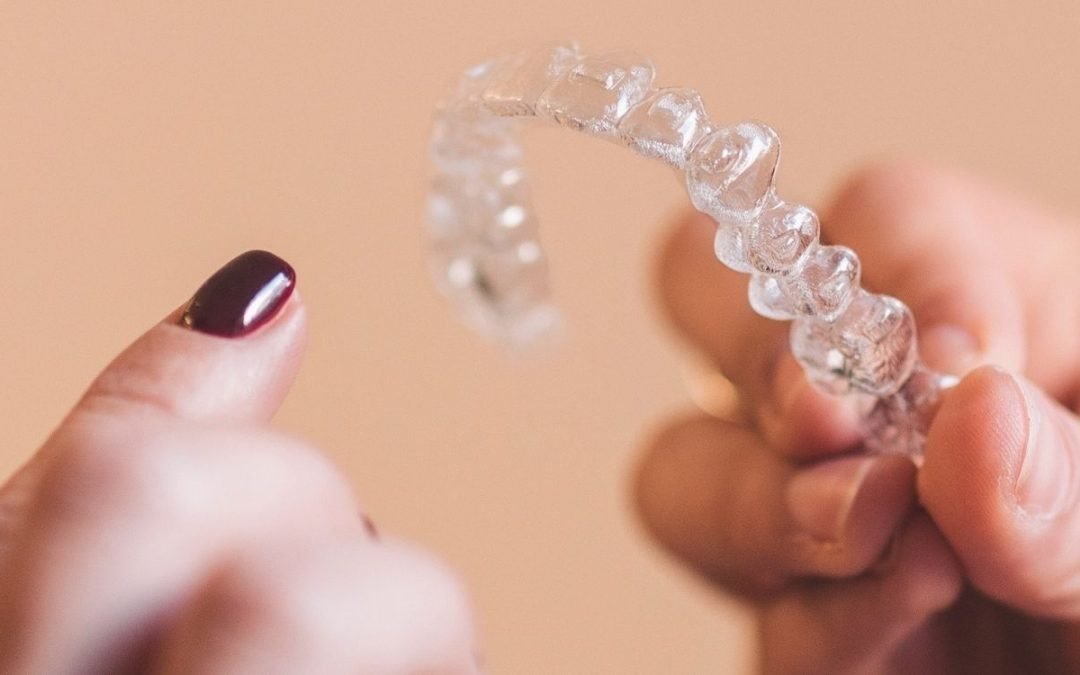The baby’s oral health care should begin even before birth, by making parents aware of the oral healthcare they should take and the problems that can arise if they are not practiced daily. This awareness should be raised at a pediatric dentistry appointment, or at credible sources recommended by the dentist.
Only informed parents can guarantee better oral health for their children!
After the baby is born, it is essential to ensure daily oral hygiene, even before the first milk teeth erupt. Did you know that?
Even before the first teeth appear, parents should clean their baby’s gums and mucous membranes with gauze moistened with warm water, using their index finger, at least once a day, preferably at night.
When the first teeth begin to emerge, around 6 months of age, brushing should begin with a toothbrush with a small head and soft bristles suitable for babies, or with a silicone fingertip. The frequency of brushing should be at least twice a day, one of which must be at night.

What about toothpaste? Can I brush with any toothpaste or does it have to be a specific one?
According to the DGS (Directorate-General for Health), after the first tooth erupts, you should use a toothpaste with a fluoride concentration of between 1000 and 1500 ppm fluoride, and no lower (check the label on the toothpaste packaging to find out the fluoride concentration). The amount to use on babies corresponds to a small dab of toothpaste on the toothbrush.
What about fluoride? Are there any indications for taking fluoride pills?
Fluoride intake is extremely important right after the birth of the first tooth, which is done through the use of fluoride toothpastes, as mentioned above. With regard to fluoride pills (systemic fluoride), the DGS advises against the use of fluoride in tablets or drops for babies and children. Their prescription is only indicated in exceptional cases of high risk of tooth decay, always from the age of 3 and with medical advice.
Can I pass on tooth decay to my baby?
Yes, tooth decay is an infectious disease in the sense that, through saliva, bacteria are transmitted from the carers to the baby, bacteria that are responsible for the development of tooth decay.
For this reason, certain behaviours should be avoided, such as:
– Tasting/blowing food with the baby’s spoon;
– Putting the dummy in your mouth to clean it;
– Kissing the baby’s mouth.
What other behaviours/habits can lead to tooth decay in early childhood?
Dietary habits must be taken into account, particularly sugary foods. Dipping the dummy in sugary liquids, taking sugary liquids by bottle, taking syrups at night are all behaviours that should be avoided or reduced. Breastfeeding should be encouraged, up to at least 4/6 months, and if a bottle is used, only milk or water should be given.
Why should we take care of deciduous teeth?
Baby teeth are important for the development of the jaw, permanent teeth, chewing and diction, enabling normal physical, mental and social growth. The premature loss of deciduous teeth can lead to problems such as a lack of space for the eruption of permanent teeth.
Does the use of a dummy harm the teeth?
Using a dummy is important because it stimulates the facial muscles and soothes the baby. If the habit is removed by the age of 2, any changes that may have occurred in the oral cavity are mostly corrected without the need for treatment. However, not all soothers on the market are the most suitable. Only anatomical and drop-shaped soothers are suitable. Cherry-shaped dummies are completely not recommended.
Eruption Sequence of baby teeth:
The first deciduous teeth to erupt are the lower central incisors, at around 6 months of age, followed by the upper central incisors and the upper and lower lateral incisors (around the 12th month). At around 18 months the first baby molars erupt, and by the age of 3, on average, the eruption of the baby teeth is complete with the canines and second molars, making up the 20 teeth that make up the baby dentition.

Dra. Maria Joana Castro, OMD5650


